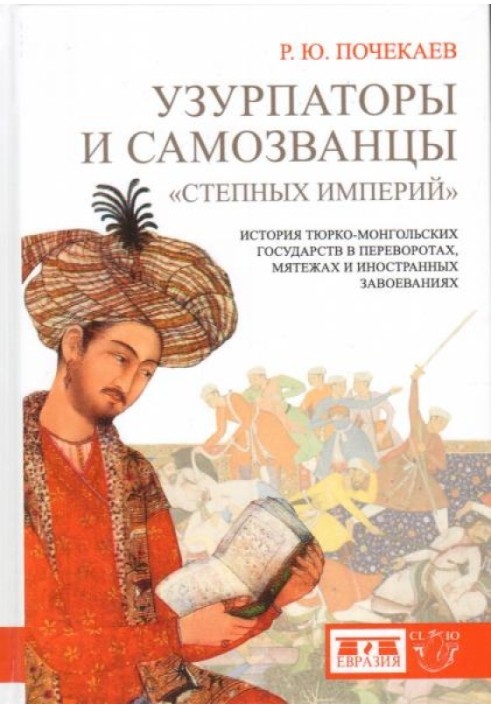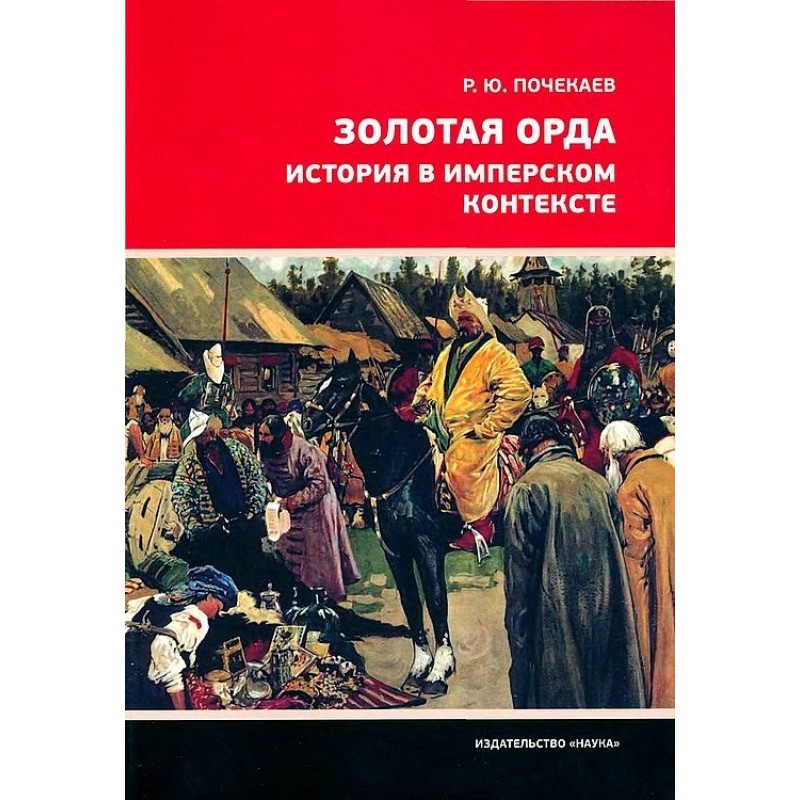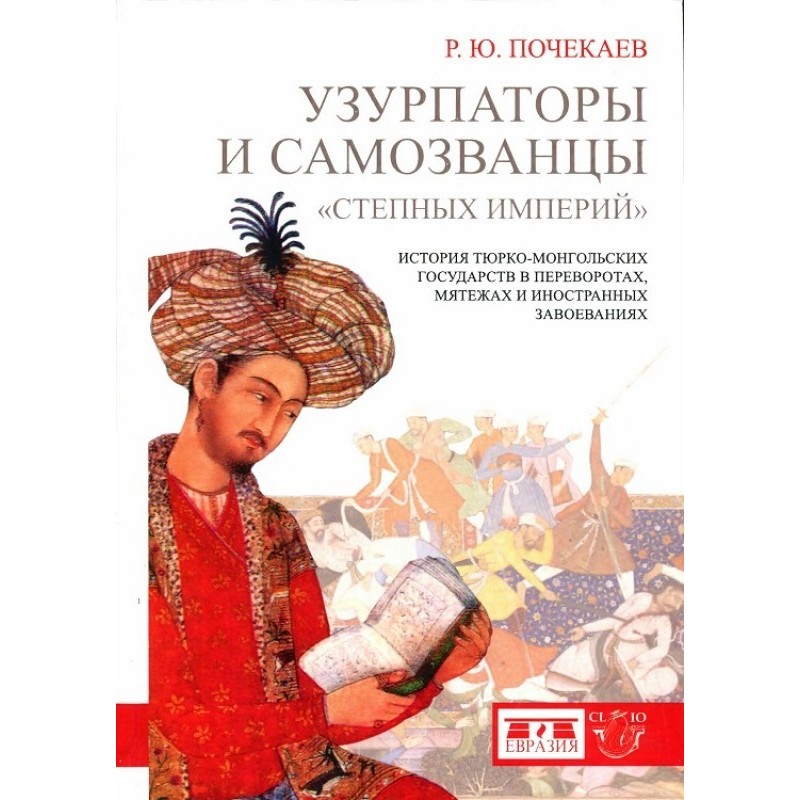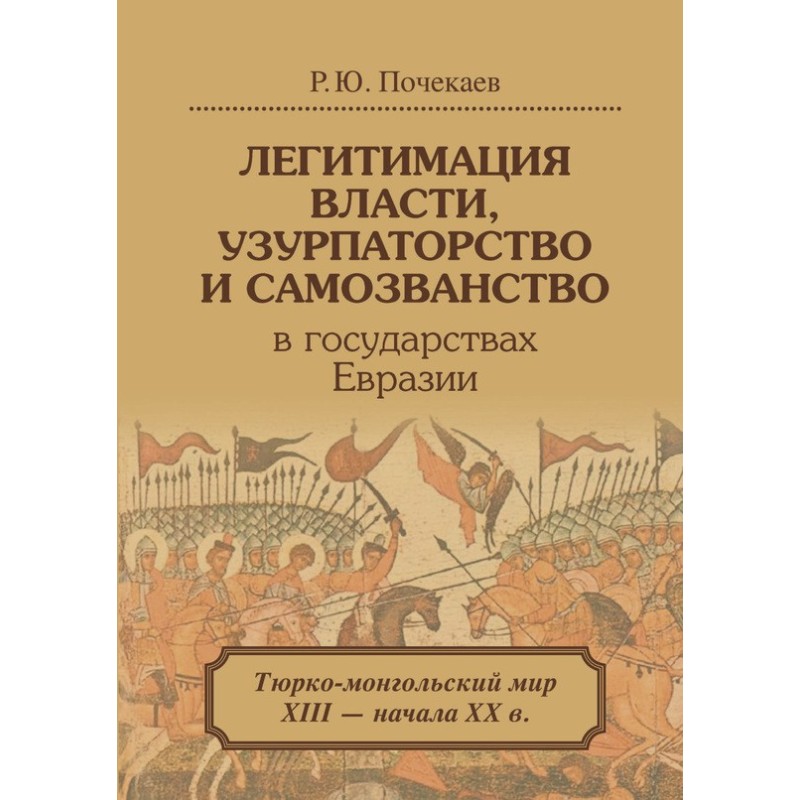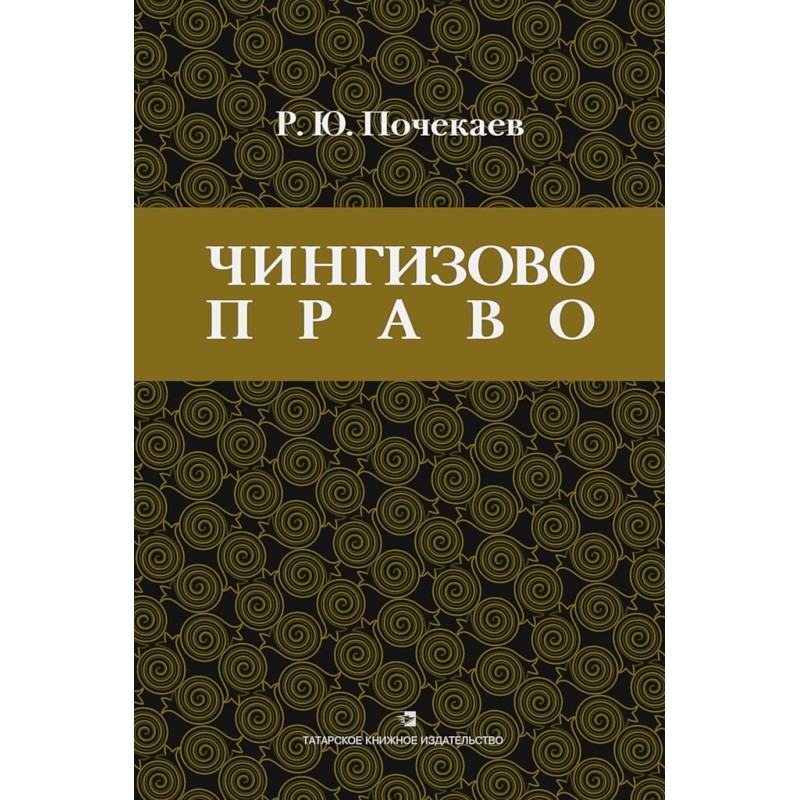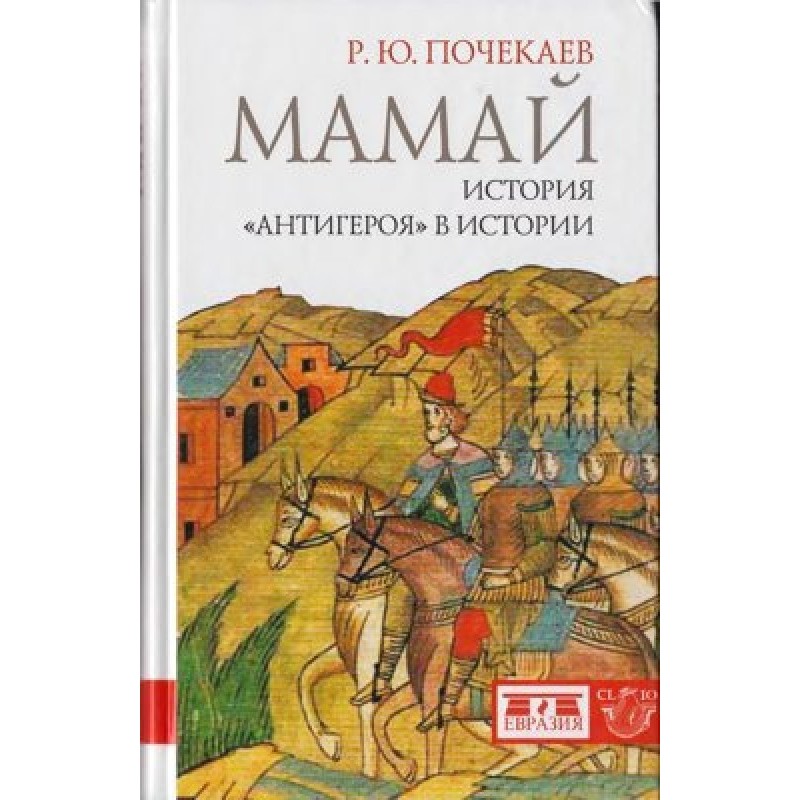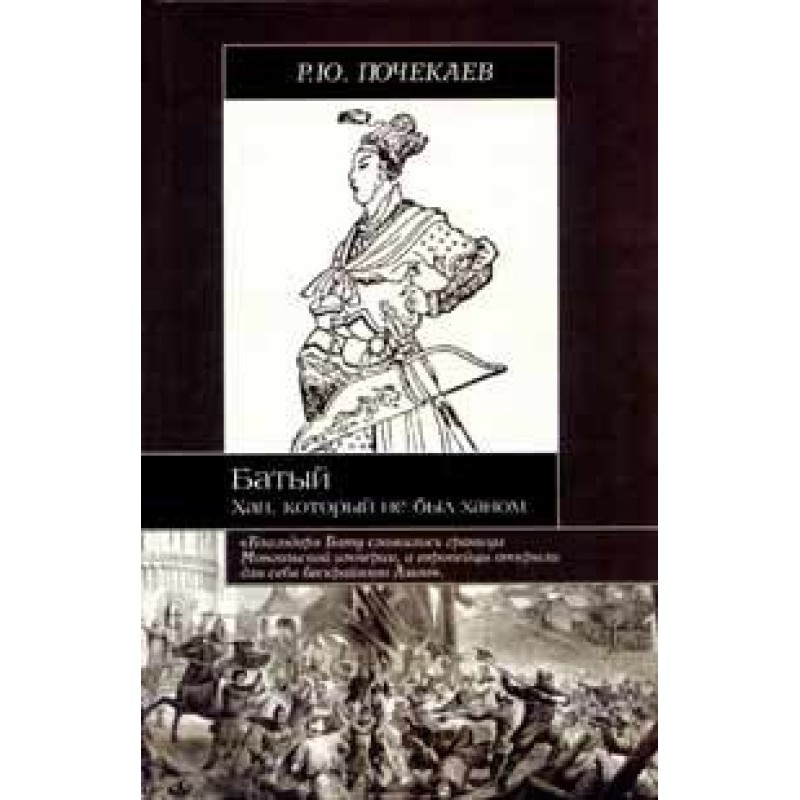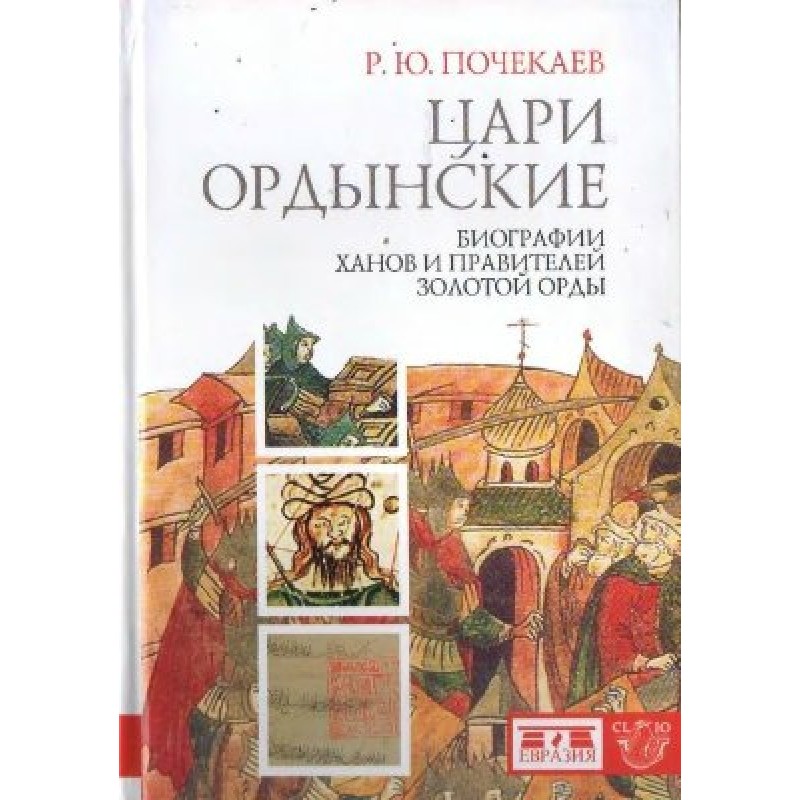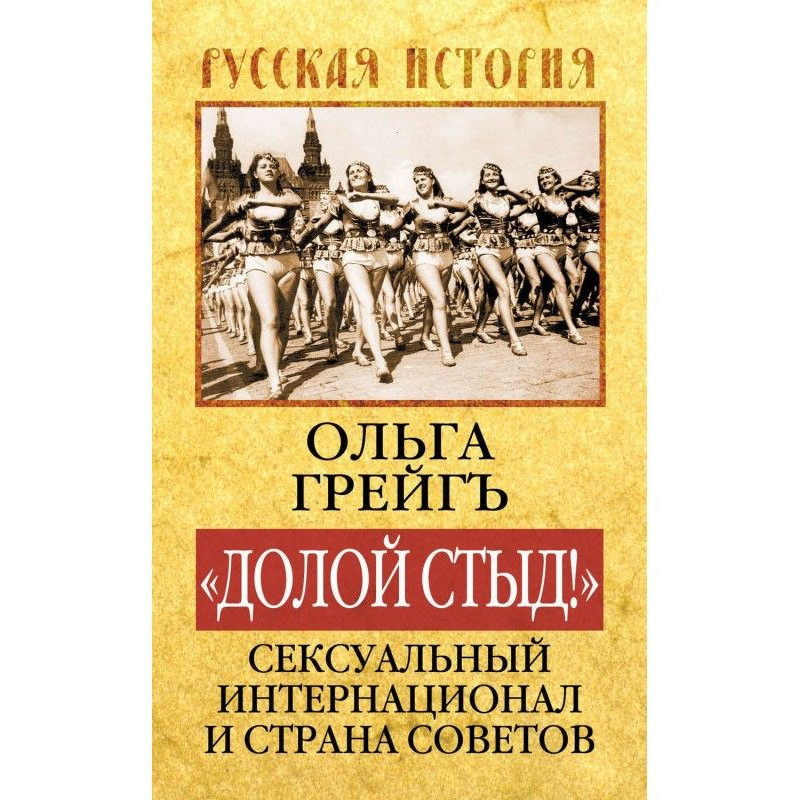Usurpers and impostors of the “steppe empires”
 Instant download
Instant download
after payment (24/7)
 Wide range of formats
Wide range of formats
(for all gadgets)
 Full book
Full book
(including for Apple and Android)
The book is dedicated to the struggle for power in the Turkic-Mongol states, starting with the empire of Genghis Khan in the first half of the 13th century. and ending with the latest attempts to create independent khanates in Central Asia already in the 20th century. The circumstances of the struggle for power in Mongolia, Central Asia, Iran, the Golden Horde and the states that arose after its collapse are explored. The author comes to the conclusion that at different times and in different countries, contenders for the throne, who did not have very legal rights to it, often used similar justifications for their claims and actions against competitors. The book is intended for historians, orientalists, lawyers, political scientists, students these specialties, as well as for all those interested in the problems of the history of Eurasia and traditional statehood.
Data sheet
- Name of the Author
- Роман Почекаев Юлианович
- Language
- Russian
Reviews
Вражаюче дослідження історії тюрко-монгольських держав
Книга "Узурпатори та самозванці «степових імперій»" є справжнім відкриттям для всіх, хто цікавиться історією Євразії. Автор майстерно досліджує складні політичні і соціальні процеси, які відбувалися в тюрко-монгольських державах, починаючи з епохи Чингіс-хана і до XX століття. Цікаво, як автор підкреслює, що боротьба за владу завжди супроводжувалася не лише військовими конфліктами, а й хитромудрими політичними маневрами. Книга сповнена детальних описів історичних подій, які дозволяють читачеві зануритися в атмосферу епохи. Висновки автора про те, як претенденти на трон використовували подібні обґрунтування своїх дій, змушують задуматися про природу влади та легітимності. Рекомендую цю книгу не лише студентам історичних спеціальностей, а й усім, хто прагне зрозуміти складність історії та політики в регіоні. Це справжня перлина для тих, хто цінує глибокі дослідження і аналітичний підхід до історії!

